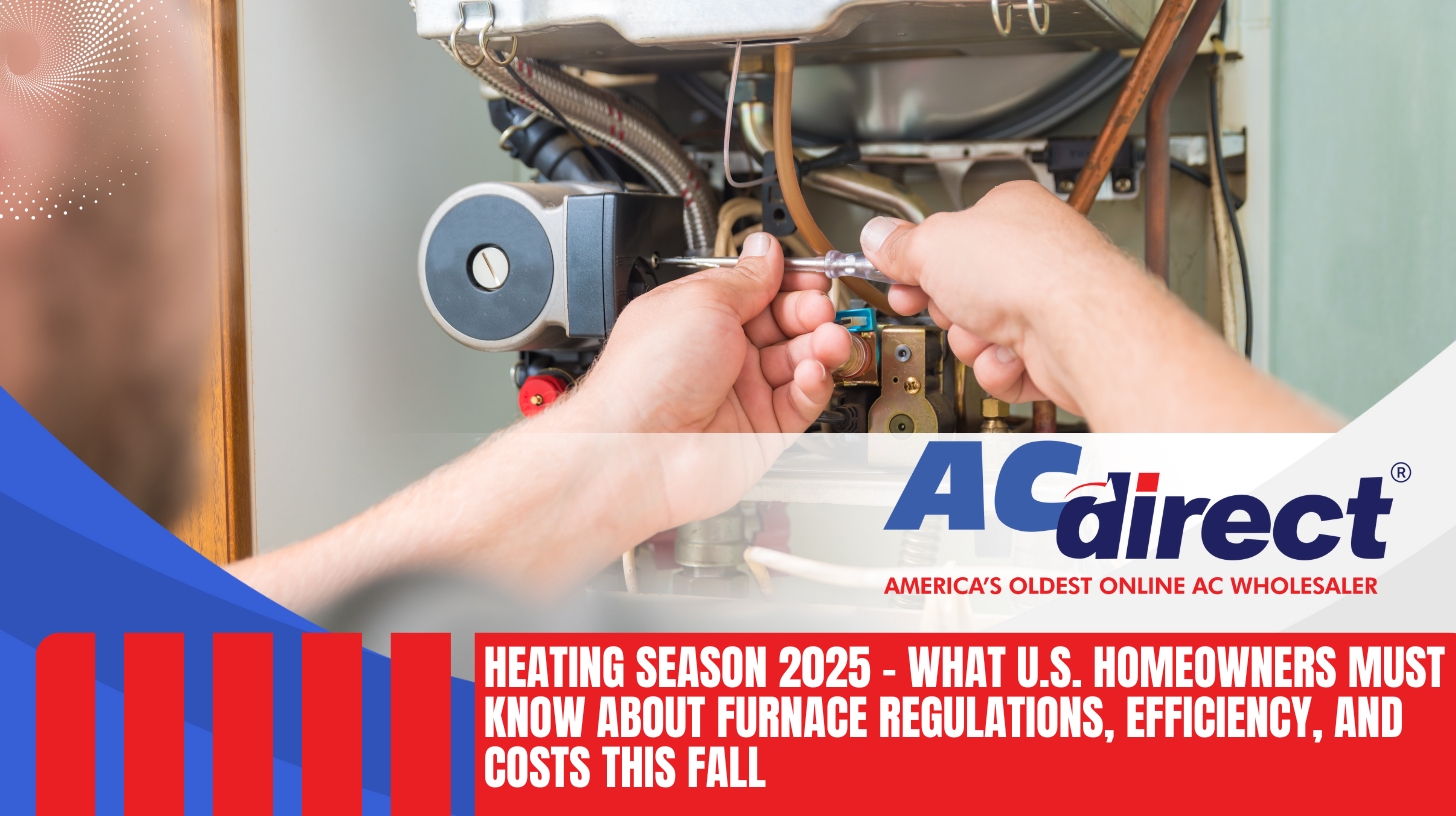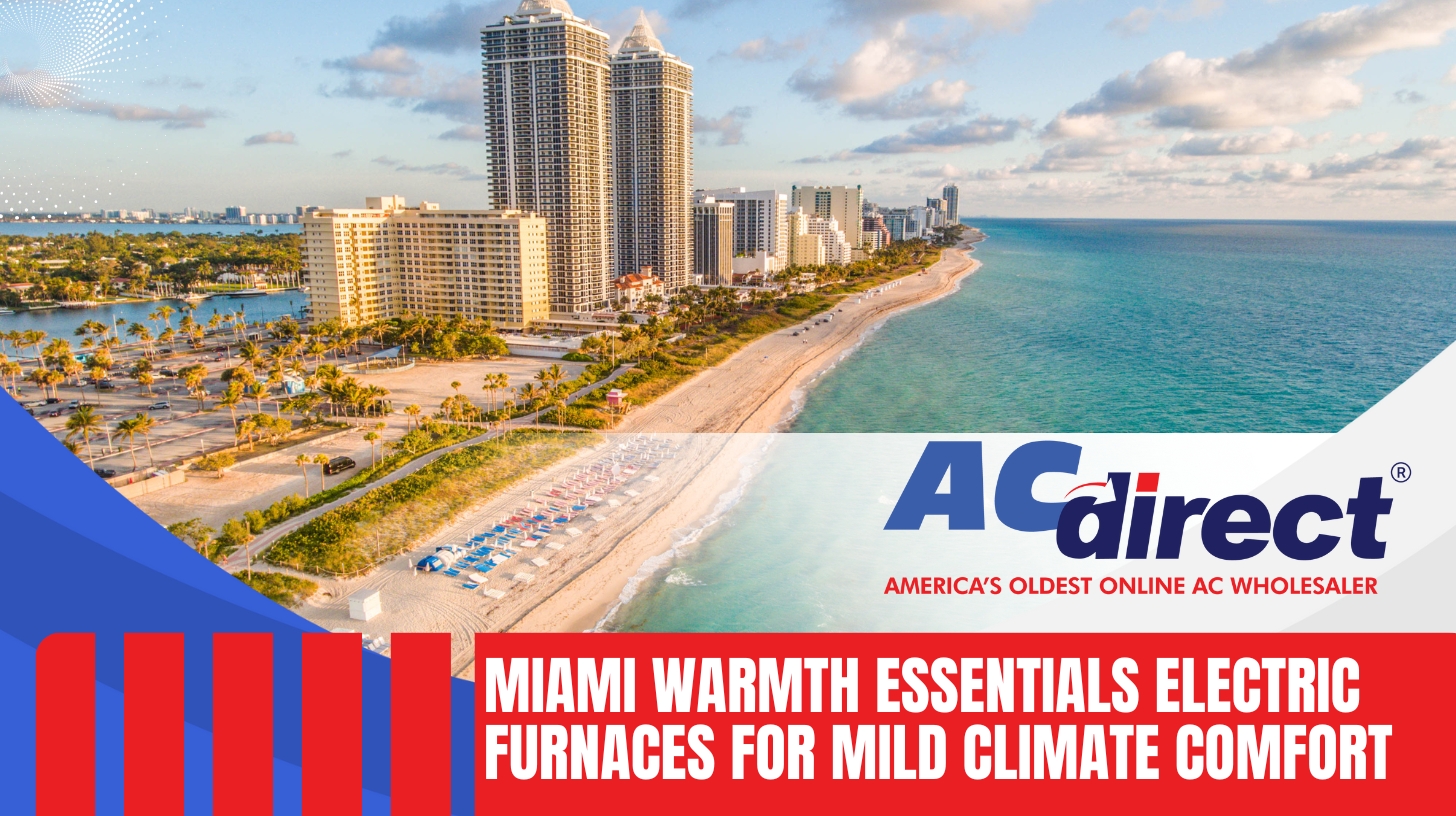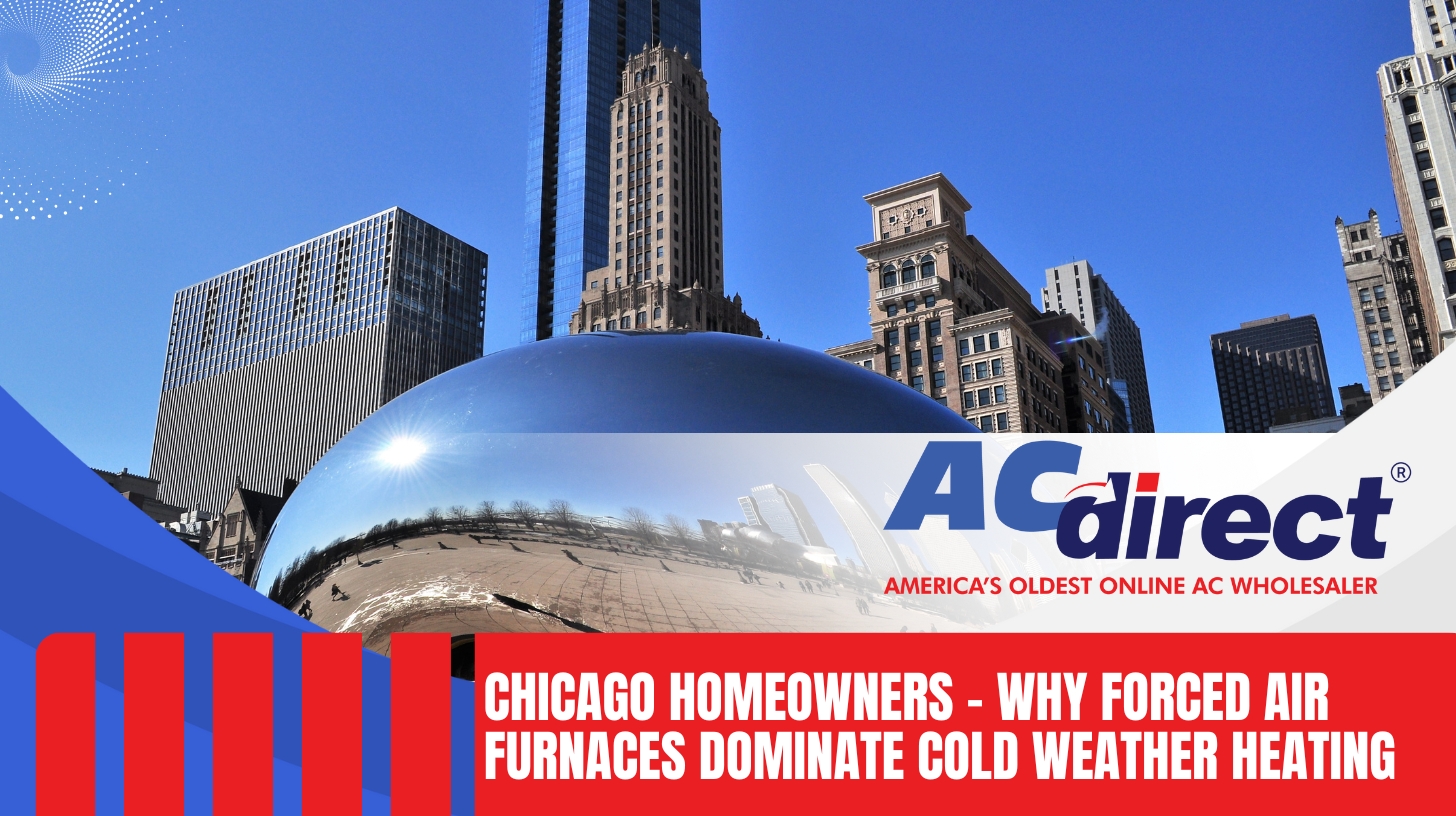Best HVAC System for Coastal Areas with Corrosion‑Resistant Features
-
 By
Michael Haines
By
Michael Haines
- Sep 22, 2025

Selecting the best HVAC system for coastal areas demands precision. Salt-laden air relentlessly attacks metal components. The ideal system resists rust, endures humidity, and sustains performance.
The most reliable systems for coastal areas are those built with robust protective coatings—polymer, epoxy, or zinc layers—and made from corrosion-resistant materials like stainless steel, aluminum alloy, or welded aluminum coils. Ductless mini‑split systems with “Gold Fin” condensers also shine for salt‑air durability.
Key Highlights
- Corrosion Protection: Coastal HVAC systems use coated coils and rust-resistant materials like aluminum and stainless steel.
- Humidity Control: High SEER2 systems with variable-speed operation manage humidity efficiently in coastal climates.
- Arizona Efficiency: In hot, dry regions like Arizona, high-SEER units and mini-splits with UV protection perform best.
- Mini-Split Durability: Ductless systems with Gold Fin coating resist corrosion and offer zoned comfort.
- AC Direct Options: Offers corrosion-resistant central systems and mini-splits with 10-year warranties.
- Maintenance Tip: Rinse outdoor units regularly in coastal areas to prevent salt buildup.
Corrosion Protection: What Makes Coastal‑Ready Units Superior
Salt air dramatically accelerates corrosion. Systems engineered for coastal use typically include:
- Protective Coil Coatings: Polymer or epoxy layers over coils (e.g., condenser fins and tubes) shield metal from salt.
- Corrosion‑Resistant Materials: Stainless steel, all‑aluminum components, or welded aluminum coils perform better than traditional copper-on-aluminum setups.
- Enhanced Enclosures and Drainage: Weather-resistant housings, UV-stable finishes, and improved drainage designs reduce moisture buildup.
- Specialized Fan Guards and Fasteners: Powder‑coated guards, galvanized or stainless fasteners hold up longer in harsh weather.
- Certifications and Warranty: 10-year warranties on parts and compressors, and proven salt‑spray longevity—sometimes exceeding seven years—offer assurance.
These features extend life, reduce maintenance, and ensure efficiency in coastal zones.
Energy Efficiency and Comfort in Humid Coastal Climates
High humidity intensifies the cooling and dehumidification burden. The best HVAC system for coastal areas also must manage moisture efficiently:
- High SEER/SEER2 ratings deliver energy savings and control humidity without overworking.
- Two‑stage or variable‑speed operation adjusts output, prevents humidity spikes, and maintains silent comfort.
- Heat pumps with strong dehumidification serve both cool and warm seasons effectively.
Best HVAC System for Arizona - Suiting Arid Heat With Efficiency

Arizona presents a contrasting challenge: intense heat, low humidity, and high cooling demand. The best HVAC system for Arizona focuses on energy throughput and endurance under constant use.
In Arizona, systems with high SEER2 ratings, variable-speed heat pumps, reliable ductless mini‑splits, and units using corrosion‑tolerant materials (e.g., epoxy-coated or aluminum components) combine efficiency with resilience—making them top picks.
In the arid Southwest:
- High-efficiency heat pumps and AC systems dramatically cut electricity bills.
- Mini‑splits allow zoning and precise control in hot areas.
- Corrosion protection may be less critical than in coastal zones, but dust and UV protection remain valuable.
AC Direct Offerings: Coastal and Arid Climate Options
Complete Air‑Conditioning and Heat Pump Systems (Central HVAC)
At AC Direct, the complete home HVAC systems offer robust features:
- Central systems with advanced SEER2 for energy savings, built-in filtration, quiet operation, and whole-home coverage.
- Specific heat‑pump systems (3.5‑ to 5‑ton) include corrosion-resistant materials and come with a 10-year warranty on parts and compressors.
These central systems excel in both coastal and desert climates. The corrosion resistance suits salty environments; the energy efficiency suits Arizona heat.
Ductless Mini‑Splits (Energy‑Efficient & Zoned)
AC Direct's ductless mini‑split offerings fit both regions well:
- Mini‑splits provide zoned temperature control, especially useful in Arizona's varied room uses.
- Many models (e.g., MRCOOL DIY) feature Gold Fin condensers, explicitly designed to resist long-term coastal corrosion.
Strong Recommendations for Coastal and Arizona Scenarios
1. Coastal Areas — Best HVAC System for Coastal Areas
Central Heat Pump Systems (AC Direct's 3.5–5 Ton)
Durable, high-efficiency systems built with corrosion-resistant materials and backed by a 10-year warranty offer both reliability and comfort.
Ductless Mini‑Splits with Gold Fin Condenser
MrCool and similar models withstand coastal exposure. Their protective fin coating and smart features make them excellent for seaside homes.
Carrier Coastal Units
Not offered by AC Direct, but recognized as a sector-leading option, systems with welded aluminum coils, zinc cladding, and multi-layer protective processes can extend coil lifespan by up to 81% compared to traditional copper designs.
Salt‑Resistant Features
As a general practice, look for systems with protective coatings, stainless or aluminum components, sealed electrical parts, and improved drainage—these define the best HVAC system for coastal areas.
Maintenance Tip
Rinse outdoor condensers regularly with freshwater to remove salt buildup and protect longevity.
2. Arizona & Arid Climates — Best HVAC System for Arizona
High‑Efficiency Central Heat Pumps by AC Direct
These units meet cooling demands while lowering energy costs. In Arizona's hot summers, high SEER2 heat pumps deliver financial and comfort gains.
Ductless Mini‑Splits for Zoned Control
Perfect for hot rooms or additions. With high-performance cooling and optional heating (for cooler nights), they're ideal for Arizona's varied temperature zones.
Corrosion Resistance Less Critical—Use Dust & UV Protection
While salt corrosion isn't a concern, protective enclosures, UV-stable coatings, and durable materials still matter under intense sun and dust.
Comparative Overview of Coastal vs. Arizona Needs
|
Climate Type |
Corrosion Needs |
Recommended Systems |
Key Advantage |
|
Coastal Areas |
High (salt exposure) |
Corrosion-resistant central heat pumps; mini‑splits |
Longevity in salt air conditions |
|
Arizona (Arid/Hot) |
Moderate (UV/dust) |
High-SEER central systems; zoned mini‑splits |
Energy savings and precise temperature control |
Real‑World Application Scenarios

Coastal Home (e.g., Florida, California Beaches)
- Install a 3.5‑ton central heat‑pump system from AC Direct featuring corrosion-resistant construction and a strong warranty.
- For added flexibility, add MRCOOL ductless zones in bedrooms or sunrooms—Gold Fin detail ensures reliability in salt air.
- Regular rinse and inspections preserve system performance year after year.
Phoenix‑Area Residence
- Choose a central heat‑pump system with high SEER2 to reduce electricity bills and keep humidity low.
- Use mini‑splits in detached rooms or sun-heavy areas to avoid overcooling the entire home.
- Prioritize UV and dust protection over corrosion coating; ease of maintenance and filtration matter more.
Final Thoughts
Selecting the best HVAC system for coastal areas revolves around corrosion protection and durability. Built-in coating, stainless or aluminum construction, sealed components, and solid warranties ensure dependable operation beside the ocean.
In contrast, the best HVAC system for Arizona prioritizes high cooling efficiency, zoning, and performance under relentless heat. Both central systems and ductless mini‑splits from AC Direct provide strong solutions for each environment.
When specifying equipment:
- Identify your climate—coastal salt air or desert heat.
- Match system features—corrosion resistance for coasts; energy efficient and zoned control for arid zones.
- Choose trusted brands and configurations—use AC Direct's complete systems and mini-splits equipped with the right protective features.
- Maintain proactively, especially in coastal environments—rinsing salt off coils and inspecting protective coatings makes a long-term difference.
With a tailored system—whether it's a heat pump or mini‑split—residents in coastal and Arizona climates can rely on consistent performance, energy efficiency, and minimized maintenance for years to come. If you're comparing system options or need help selecting the right setup for your location, our team is available to assist you in making a well-informed choice.
FAQs
1. What features make an HVAC system ideal for coastal areas?
Systems with protective coatings, stainless steel or aluminum parts, sealed components, and anti-corrosive fasteners offer longer service life near the ocean.
2. How does humidity impact HVAC performance?
High humidity strains HVAC systems. Choosing a unit with strong dehumidification, two-stage or variable-speed operation, and a high SEER2 rating ensures comfort and efficiency.
3. What's the best HVAC system for Arizona's dry heat?
In arid climates like Arizona, choose systems with high SEER2 ratings, UV-resistant components, and dust-sealed housings—mini-splits and central heat pumps both work well.
4. Are mini-splits a good choice for coastal and desert homes?
Yes. Ductless mini-splits with Gold Fin coating resist salt corrosion and allow zoning flexibility, making them ideal for both coastal homes and Arizona residences.
5. How do I extend the lifespan of an HVAC system in coastal regions?
Rinse the outdoor unit regularly with freshwater to remove salt, check for corrosion, and schedule professional inspections at least annually.

 and now, NASCAR Racing Sponsor
and now, NASCAR Racing Sponsor










